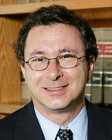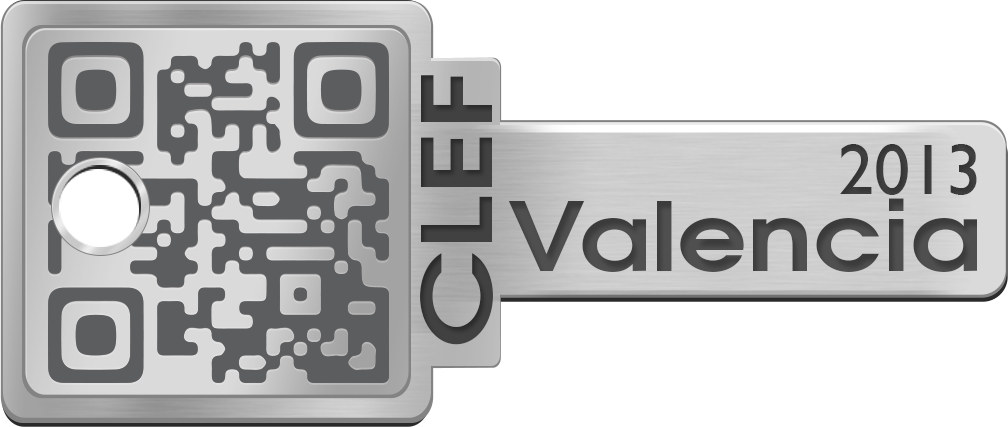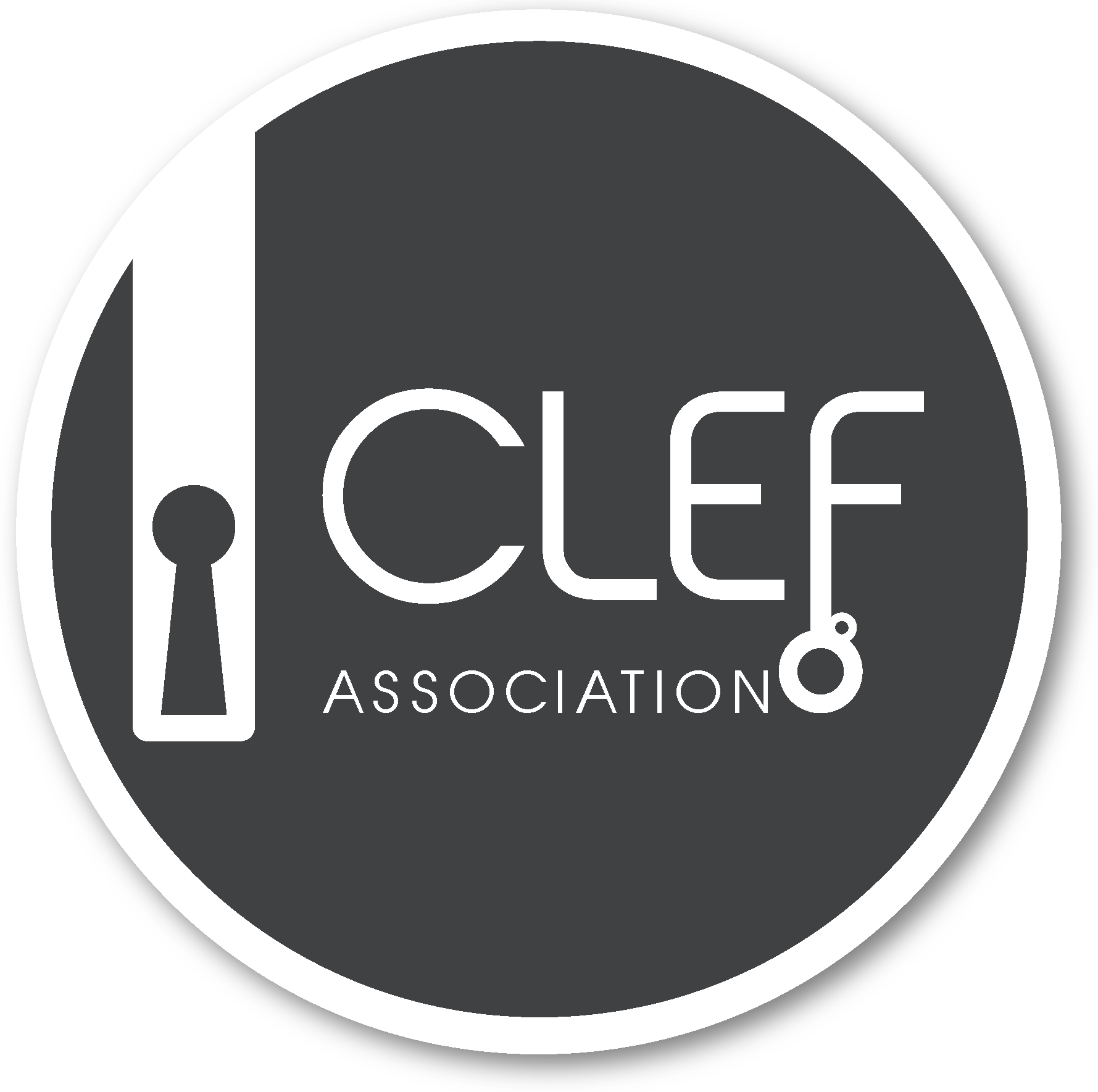How do the words we use reflect our personalities, psychological states, and social relationships? Psychologists have applied simple word counting and word patterning methods such as Linguistic Inquiry and Word Count (LIWC) and the Meaning Extraction Method (MEM) across a variety of contexts to understand individual differences in communication. Word use and interaction patterns in everyday conversations and social media exchanges can reveal personality, engagement, and deception. Quantitative text analysis from a psychological perspective can help to uncover how people connect, communicate, and interact in digital spaces.
PAN at CLEF 2013
Shared Tasks
Important Dates
- March 1, 2013: Early bird software submission
- April 15, 2013: Final software submission for text alignment and author identification
- April 30, 2013: Final software submission for source retrieval and author profiling
- June 1, 2013: Paper submission: [template] [guidelines] [submission]
- June 30, 2013: Early bird conference registration
- September 23-26, 2013: Conference
The timezone of all deadlines is Anywhere on Earth.
Keynotes

Many forensic sciences have been under attack for their failure to be grounded in adequate research. Even fingerprint evidence is questioned, not for its being generally unreliable, but because there is inadequate research into the extent that accuracy decreases as the quantity and quality of information are each systematically degraded. At the same time, psychological research has revealed biases to which experts are subject, especially confirmation bias ? the propensity to value evidence that confirms one?s hypothesis more than evidence that disconfirms it. Somewhat at odds with these observations are interesting debates about the relative accuracy of expert judgment by individuals based on their experience on the one hand, and algorithmic expertise on the other. This presentation will discuss how legal systems react to offers of linguistic expert evidence in light of these developments.
Program
PAN's program is part of the CLEF conference program.
| September 23 | |
|
|
Lab overviews (incl. Coffee break) |
| 15 min. talk | Recent Trends in Digital Text Forensics and its Evaluation Tim Gollub, Martin Potthast, Anna Beyer, Matthias Busse, Francisco Rangel, Paolo Rosso, Efstathios Stamatatos, and Benno Stein |
| 17:30-18:00 | Poster Booster Session |
| 18:00-19:30 | Poster Session + Welcome Reception |
| Approaches for Source Retrieval and Text Alignment of Plagiarism Detection Leilei Kong, Haoliang Qi, Cuixia Du, Mingxing Wang and Zhongyuan Han |
|
| Text Alignment Module in CoReMo 2.1 Plagiarism Detector Diego Antonio Rodríguez-Torrejón and José Manuel Martín Ramos |
|
| Guess again and see if they line up: Surrey's runs at plagiarism detection Lee Gillam |
|
| Unsupervised Ranking for Plagiarism Source Retrieval Kyle Williams, Hung-Hsuan Chen, Sagnik Ray Choudhury and C. Lee Giles |
|
| Plagiarism Candidate Retrieval Using Selective Query Formulation and Discriminative Query
Scoring Osama Haggag and Samhaa El-Beltagy |
|
| Diverse Queries and Feature Type Selection for Plagiarism Discovery Šimon Suchomel, Jan Kasprzak and Michal Brandejs |
|
| Using a Variety of n-Grams for the Detection of Different Kinds of Plagiarism Prasha Shrestha and Thamar Solorio |
|
| CopyCaptor: Plagiarized Source Retrieval System using Global word frequency and Local
feedback Taemin Lee, Jeongmin Chae, Kinam Park and Soonyoung Jung |
|
| Source Retrieval via Naïve Approach and Passage Selection Heuristics Ondřej Veselý, Tomas Foltynek and Jiří Rybička |
|
| Using Hybrid Similarity Methods for Plagiarism Detection Notebook for PAN at CLEF 2013 Yurii Palkovskii and Alexei Belov |
|
| Grammar Checker Features for Author Identification and Author Profiling Roman Kern |
|
| Distance Learning for Author Verification Paola Ledesma, Gibran Fuentes, Gabriela Jasso, Angel Toledo, and Ivan Meza |
|
| Style-based Distance Features for Author Verification Erwan Moreau and Carl Vogel |
|
| Authorship Identification Using Correlations of Frequent Features Timo Petmanson |
|
| A Textual Modus Operandi: Surrey's Simple System for Author Identification Anna Vartapetiance and Lee Gillam |
|
| Lexical-Syntactic and Graph-Based Features for Authorship Verification Darnes Vilariño, David Pinto, Helena Gómez, Saúl León, and Esteban Castillo |
|
| Intrinsic Author Identification Using Modified Weighted KNN M.R. Ghaeini |
|
| Vector Space Model and Overlap Metric for Author Identification Arun Jayapal and Binayak Goswami |
|
| INAOE's participation at PAN'13: Author Profiling task A. Pastor López-Monroy, Manuel Montes-Y-Gómez, Hugo Jair Escalante, Luis Villaseñor-Pineda and Esaú Villatoro-Tello |
|
| Ensemble-based classification for author profiling using various features Michal Meina, Karolina Brodzińska, Bartosz Celmer, Maja Czoków, Martyna Patera, Jakub Pezacki and Mateusz Wilk |
|
| Author Profiling Using Corpus Statistics, Lexicons and Stylistic Features Maria De-Arteaga, Sergio Jimenez, George Dueñas, Sergio Mancera and Julia Baquero |
|
| Can We Hide in the Web? Large Scale Simultaneous Age and Gender Author Profiling in Social Media Lucie Flekova and Iryna Gurevych |
|
| Readability for author profiling? Lee Gillam |
|
| Automatic Author Profiling Based on Linguistic and Stylistic Features Braja Gopal Patra, Somnath Banerjee, Dipankar Das, Tanik Saikh and Sivaji Bandyopadhyay |
|
| Semantic-based Features for Author Profiling Identification: First insights Delia Irazu Hernandez Farias, Rafael Guzmán-Cabrera, Antonio Reyes and Martha Alicia Rocha |
|
| CNG text classification for authorship profiling task Magdalena Jankowska, Vlado Keselj and Evangelos Milios |
|
| Style-based distance features for author profiling Erwan Moreau and Carl Vogel |
|
| Author Profiling for English and Spanish Text Upendra Sapkota, Thamar Solorio, Manuel Montes-Y-Gómez and Gabriela Ramírez-De-La-Rosa |
|
| Using Simple Content Features for the Author Profiling Task Edson Weren, Viviane P. Moreira and Jose Oliveira |
|
| Two Methodologies Applied to the Author Profiling Task Yuridiana Aleman, Nahun Loya, Darnes Vilariño, and David Pinto |
|
| Content-centric age and gender profiling Wee Yong Lim, Jonathan Goh and Vrizlynn L. L. Thing |
|
| September 24 | |
| Keynote & Author Profiling, Chair: Paolo Rosso | |
| 11:00-12:00 | Identifying Personality and Psychological States in Words Cindy K. Chung |
| 12:00-12:30 | Overview of the Author Profiling Task at PAN 2013 Francisco Rangel, Paolo Rosso, Moshe Koppel, Efstathios Stamatatos and Giacomo Inches |
| 12:30-13:00 | INAOE's participation at PAN'13: Author Profiling task A. Pastor López Monroy, Manuel Montes y Gómez, Hugo Jair Escalante, Luis Villaseñor Pineda and Esaú Villatoro Tello |
| 12:50-13:00 | Award for the best performing author profiling approach at PAN'13. The award is sponsored by the ForensicLab of the Universitat Pompeu Fabra, Barcelona, in memoriam of M. Teresa Turell. |
| 13:00-14:30 | Lunch |
| Author Profiling & Author Identification, Chair: Patrick Juola | |
| 14:30-14:50 | Ensemble-based classification for author profiling using various features Michal Meina, Karolina Brodzińska, Bartosz Celmer, Maja Czoków, Martyna Patera, Jakub Pezacki and Mateusz Wilk |
| 14:50-15:10 | Readability for author profiling? Lee Gillam |
| 15:10-15:40 | Overview of the Author Identification Task at PAN 2013 Patrick Juola and Efstathios Stamatatos |
| 15:40-16:10 | Authorship Verification via k-Nearest Neighbor Estimation Oren Halvani, Martin Steinebach and Ralf Zimmermann |
| 16:10-16:30 | Discussion |
| September 25 | |
| Keynote & Author Identification, Chair: Francisco Rangel | |
| 11:30-12:30 | Linguistic Evidence in Court: Current Issues, Current Trends Lawrence Solan |
| 12:30-12:50 | Authorship Verification with Compression Features Cor J. Veenman and Zhenshi Li |
| 12:50-13:10 | Proximity based One-class Classification with Common N-Gram Dissimilarity for Authorship
Verification Task Magdalena Jankowska, Vlado Keselj and Evangelos Milios |
| 13:10-13:30 | Discussion |
| 13:30-14:30 | Lunch |
| Plagiarism Detection, Chair: Efstathios Stamatatos | |
| 14:30-15:00 | Overview of the 5th International Competition on Plagiarism Detection Martin Potthast, Matthias Hagen, Tim Gollub, Martin Tippmann, Johannes Kiesel, Paolo Rosso, Efstathios Stamatatos, and Benno Stein |
| 15:00-15:20 | Text Alignment Module in CoReMo 2.1 Plagiarism Detector Diego Antonio Rodríguez-Torrejón and José Manuel Martín Ramos |
| 15:20-15:50 | Approaches for Source Retrieval and Text Alignment of Plagiarism Detection Leilei Kong, Haoliang Qi, Cuixia Du, Mingxing Wang and Zhongyuan Han |
| 16:50-16:10 | Plagiarism Candidate Retrieval Using Selective Query Formulation and Discriminative Query
Scoring Osama Haggag and Samhaa El-Beltagy |
| 16:10-16:20 | Unsupervised Ranking for Plagiarism Source Retrieval Kyle Williams, Hung-Hsuan Chen, Sagnik Ray Choudhury and C. Lee Giles |
| 16:20-16:30 | Discussion |
| 20:30 | Social Dinner: Hotel Balneario Las Arenas |









